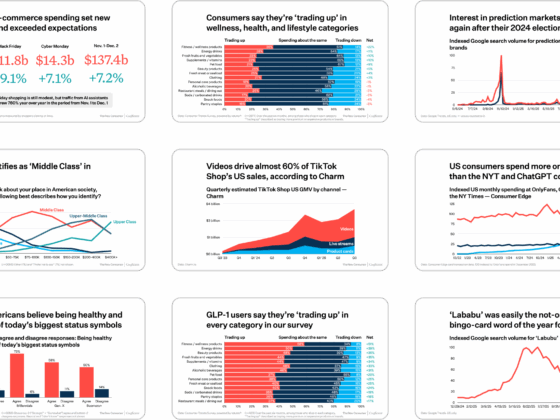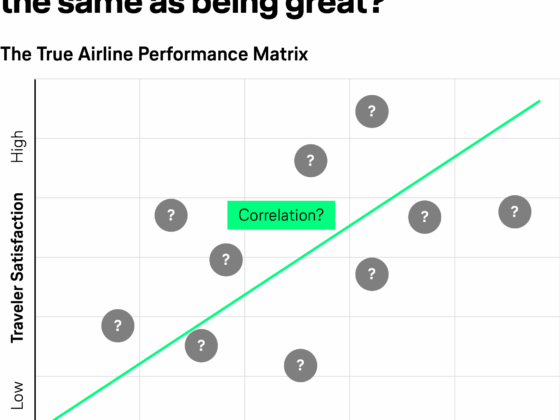Everybody has one. That one friend you go to for recommendations. The one who knows exactly where to eat, what to stream, or which pair of shoes are actually worth the hype. They’re the person who spends hours going down rabbit holes, flipping through obscure magazines or lurking on niche online forums.
Derek Guy, better known as the menswear guy with over a million followers on X, once explained how he built his knowledge: by dedicating time, money, and attention to his craft. That’s basically the 10,000-hour theory, spend enough effort in one domain, and you become an authority.
But then comes the fork in the road: those who can, do. Those who can’t… become critics.
The trouble is, critics don’t feel very trustworthy anymore.
It would be easy to blame AI for this, after all, the internet is flooded with auto-generated “takes.” But the decline of credible critics started long before AI. What AI has done is shine a brighter light on the problem: you need more than produce content to write a good review. With calls for better taste and the return of gatekeepers, we’ll see trustworthy criticism again.
So how did we end up here? Let’s break down the three levels of critics that I no longer trust.
1. The Professional Critic
Once the gold standard, critics by trade, are no longer as sharp as they used to be. Understandable, yes. But the decline is real.
-
Economics: Legacy media has lost both prestige and budgets. Pete Wells has written about how restaurant criticism wrecked his health, imagine dining out daily, with a minimum of three visits before you can even write. That’s a grind, and also an expensive one. Hard to justify when readership is shrinking.
-
Politics: Having a strong critical voice is risky. The _New Yorker_ once wrote about how Nicki Minaj’s fans swarm anyone who dares critique her. One bad review and you’re public enemy number one.
-
“Poptimism”: Consensus sells. Being a gatekeeper in a niche won’t put you in the same league as someone reviewing Taylor Swift albums. Even writers who start out sharp often soften their takes once success arrives, they don’t want to stall their growth with potential faux pas.
The result? Tepid, toothless reviews.
Prime example, New York’s Le Chêne, opened by French chef Alexia Duchêne. Thanks to a top PR firm, the restaurant got glowing coverage from major outlets, even James Beard winners. But reading the reviews, you’d think you were in an art gallery, not a restaurant. Both The New Yorker and Grub Street admitted the food wasn’t good, but still spent hundreds words praising the “wine bottle in the central table” or other peculiar details. Fantastic. Except I don’t pay $200+ a head to stare at an empty bottle.
This is why traditional reviews have lost credibility. They feel like PR campaigns, not honest critiques.
2. Online Reviews
Naturally, people turned to the internet for recommendations. But things aren’t much better there.
I’ll admit, I’m a fan of Google Reviews. With over 1,000 reviews and a shiny “Local Guide Level 7” badge, I walk into places with the confidence of a platinum airline member at checkin asking a free upgrade. And, much like them, I walk out with no special treatment.
Public review as an idea was noble: real people leaving honest feedback. But reality looks different:
-
Owners get extorted, “pay us or we’ll flood you with 1-star reviews.”
-
Family-run businesses get tanked because their child posted the “wrong” flag online.
-
And apps like Beli are no better. They won’t unlock basic features until you’ve posted 50 rankings. Spoiler: I reviewed places I’ve never even been to hit the threshold. I doubt I’m the only one.
So now, I don’t trust anyone else’s ranking on there either.
3. The Influencers
And then we arrive at the current kings of recommendation: influencers.
Though TikTok didn’t give us the next Anthony Bourdain, just like LinkedIn didn’t give us the next Hemingway.
Influencer reviews are short, flashy, and optimized for clicks. And honestly, are they even reviews? Restaurants and brands now invite them for free meals in exchange for coverage. But if everything is amazing, then nothing really is.
It’s not entirely their fault. They’re playing the algorithm’s game. Speed and volume matter more than integrity. The result is something I would not qualified as a critique.
So, Who Can You Trust?
Between journalists dulled by economics, online reviews gamed by bad actors, and influencers chasing algorithms, it’s fair to ask: who do you actually trust for recommendations?
Maybe it circles back to where we started, that one friend. The one who has no agenda, no PR ties, no algorithm to please. Just someone obsessed enough with their craft to know what’s actually worth your time and money.
Until critics find their bite again, that friend might be your best bet.







